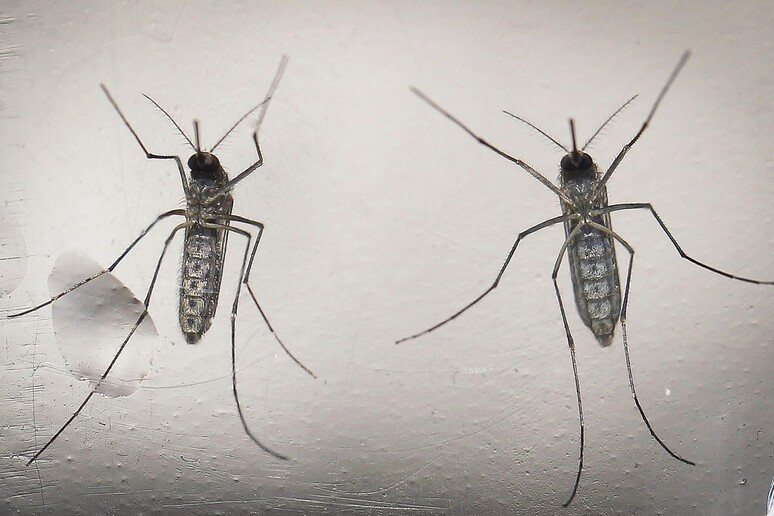European countries, including
Italy, must prepare for a possible mosquito-borne Zika virus
contagion, the World Health Organization (WHO) said in a risk
assessment report out Friday.
The risk of transmission of the virus - which has been
linked to severe birth defects such as microcephaly as well as
neurological problems - will increase as mosquitoes become
active with the warm weather, the WHO report said.
"While the Aedes aegypti (yellow fever mosquito) is the
primary vector, the Aedes albopictus (tiger mosquito) - which is
present in 20 European countries - can also transmit the virus
and remains a potential vector," the report said.
Aedes aegypti is present on the Portuguese island of
Madeira and on the northeastern coast of the Black Sea. The
Aedes albopictus lives in Albania, Bosnia Herzegovina, Bulgaria,
Croatia, France, Germany, Georgia, Greece, Israel, Italy, Malta,
Monaco, Montenegro, Romania, San Marino, Slovenia, Spain,
Switzerland, Turkey, and the Vatican City.
The WHO recommends a four-pronged prevention approach: pest
control, keeping tabs on the virus via an early warning system,
swift lab confirmations of possible infections, and alerting the
public - especially pregnant women - as to the risk.
The organization last month said pregnant Zika victims who
choose to terminate should be granted access to safe abortions.
Women living in countries where access to abortion is
limited should be granted appropriate information on the options
available, including emergency, short-term, long-term and
permanent contraceptives, the organization added.
Most of the women in countries affected by the Zika
outbreak will have healthy children and it is safe for
women to breastfeed if they have been infected, the WHO added.
The WHO has declared an international health emergency over
the virus, which has spread rapidly in Central and South America
as well as the Caribbean.
ALL RIGHTS RESERVED © Copyright ANSA











